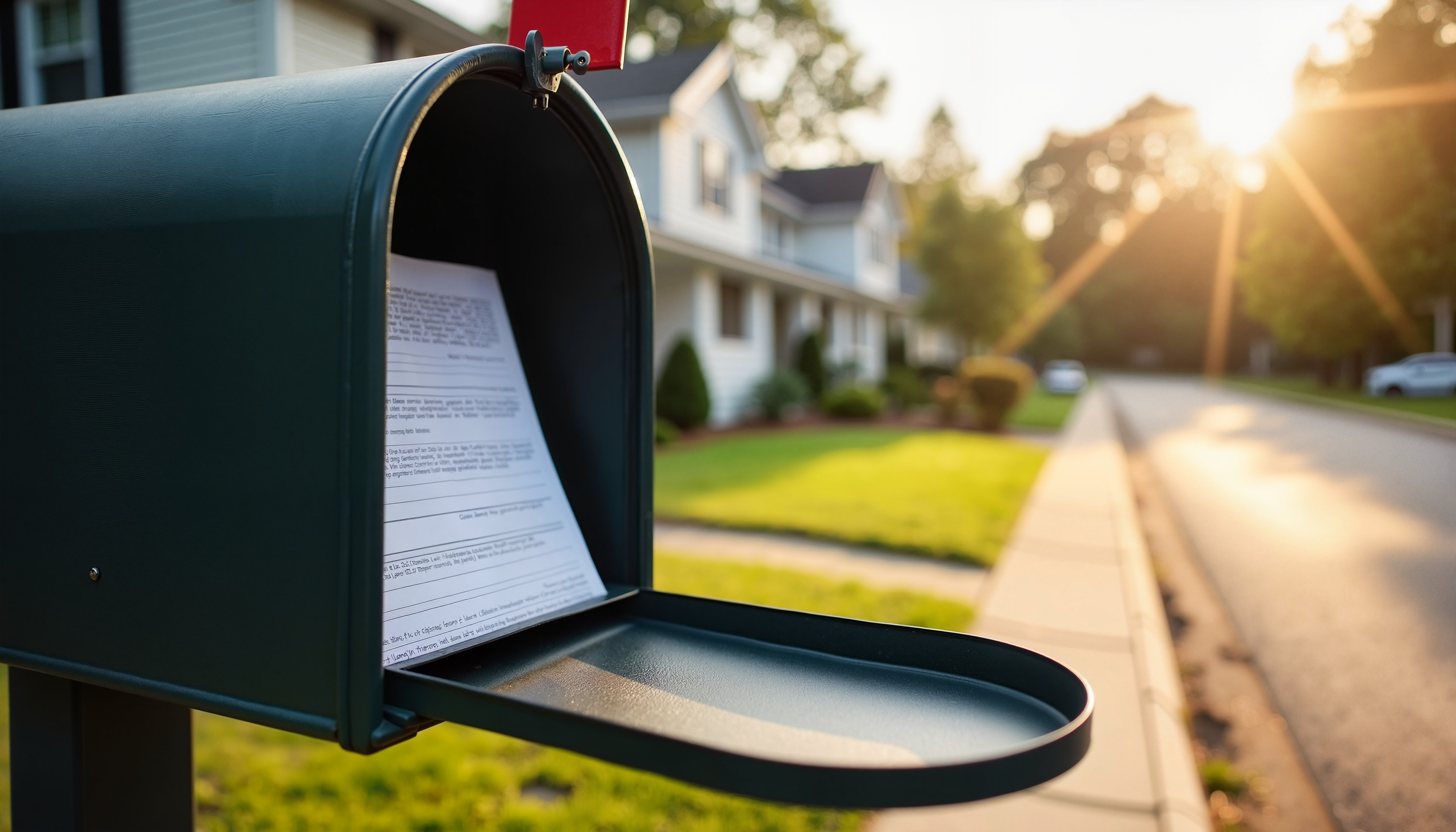Scam Awareness Red Flag No. 1
Why Fake Addresses Are a Risky Shortcut
Risks of large damage from non-compliance are often long-term. By identifying potential red flags, you will be able to raise awareness of scams and mitigate risks in the long run.

It has come to our attention that some so-called agencies providing services to cross-border businesses are providing fraudulent proof of physical addresses such as utility bills so their clients can open US bank accounts remotely after helping them form and register their business entity in the US.
Disclaimer: The information provided in this article is for general informational purposes only and should not be considered tax, legal, or financial advice. Tax laws and regulations are subject to change, and individual circumstances may vary. Always consult a qualified tax professional for specific guidance regarding your tax situation. Copper River Tax is not responsible for any errors, omissions, or reliance on the information presented.